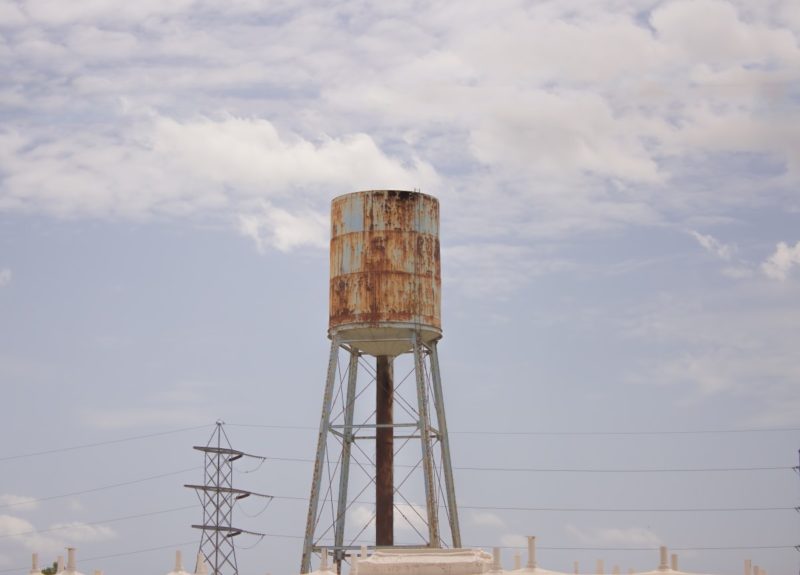Are you curious what is an indirect water heater? Since water heaters are typically stored in the back closet or basement, many take it for granted. This is especially true when hot water will be readily available every time they start their dishwasher or turn the shower on.
But when the water heater stops working, everyone in the household would want to have it repaired immediately. Good news, the benefit of competition brought about the emergence of a more effective solution. The options are becoming more and more diverse than before.
However, it can be hard to determine the best water heater for you unless you consult a contractor. In assessing the options, do not forget to consider an exciting option yet often overlooked by many – the indirect water heater.
The Rising Demand For Indirect Water Heaters
The indirect water heater is not new; they are already been around for several years. But lately, this type of water heater has gained popularity since energy costs grow and environmental concerns continually rise. That is because the indirect water heater can offer more power with cost savings and a reduction in energy usage. The Department of Energy claims that an indirect water heater is the least expensive way to provide hot water. Considering that this appliance is consuming plenty of energy contrary to what people think, choosing a more efficient solution like this would benefit you in the long run. So, what is an indirect water heater? Let’s find out!
How Does It Work?
Indirect water heaters are somewhat the same as a well-insulated storage tank and hold a curled heat exchanger. But some versions rely on the tank design. Either way, indirect water heaters are units that are not producing heat. The only difference is that they depend on their boiler instead.
Typically, its arrangement includes a water pipe with a closed-loop connecting the boiler and the water heater, feeding it heated water. But the boiler does not mix the water inside the tank. Instead, it is circulating inside its heat exchanger, passing the coils. As a result, you will be provided with hot water to use inside the house. So essentially, the boiler is the one that is doing everything, while the heater facilitates the heat transfer only.
How To Size An Indirect Water Heater?
To get the right size, you need to determine how much hot water is needed inside the house and how much it changes per hour. The overall demand will determine the capacity required for the water heater. On the other hand, hourly behavior will decide whether or not more than one unit is needed. For instance, the overall heater capacity will be too much if the hot water demand is higher. In such a case, a water tank would be necessary to have enough supply for when the demand will be at a peak, thereby reducing the heater capacity required. Instead of using a costly and extensive water heater that will operate during peak time only, it would be better to fill up the storage tank in advance for small units of hot water usage.
How To Install An Indirect Water Heater?
When thinking about installing this type of water heater, it is recommended that you consult a contractor. Complex calculations are involved when sizing indirect water heaters properly, which is best left to the experienced and trained installers. However, some aspects are said to be DIY-friendly.
However, it would cost to hire a contractor, and getting an indirect water heater is likewise costly. But this will be worth it since it does not need constant repairs and service, which is relatively expensive. In addition to that, with some utility hookups and moving parts, these water heaters can last longer than other water heater types. Furthermore, most manufacturers are supplying a lifetime warranty.
Benefits Of An Indirect Water Heater
If you already have a huge boiler in your house, you can consider adding an indirect water heater. The combination of the two will provide you with a very viable water heating system. Some benefits of this addition are that it will be inexpensive, no additional fuel source will also be required, and indirect tanks would last longer than other water heaters.
The conventional water heaters would deteriorate fast since they are directly exposed to the flame at the tank’s bottom. They are also handling flue gases. Since they are exposed to high temperatures frequently, there will be risks of mechanical stress, contraction, and expansion on the welded joints. Eventually, these seams will crack, so a replacement will be necessary. But with indirect tanks, the temperature would be lesser. Since coiled piping is present in the indirect tank, the thermal expansion wouldn’t occur, which reduces mechanical stress. With the tank exposed to less stress, replacements would be seldom needed. This also means that you will save more money from supposed replacement costs.
It’s A Wrap!
Now that you know what is an indirect water heater, you can consider getting this appliance for your house, especially when you already have a boiler at home. It would be efficient to pair it with an indirect water heater. It may also be a good idea to read about how to clean hot water heater and how to tell if water heater is gas or electric.

